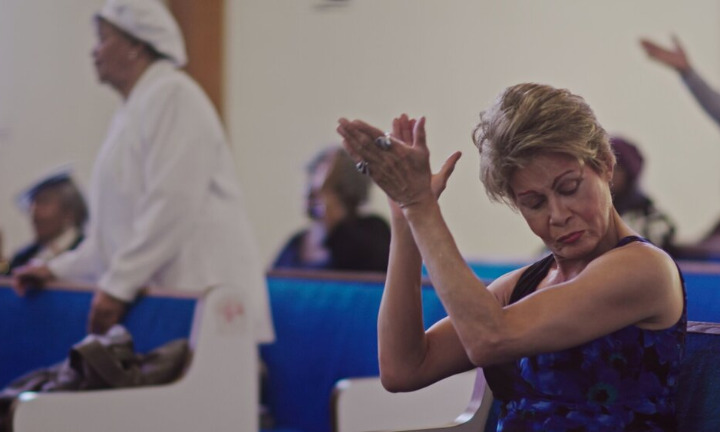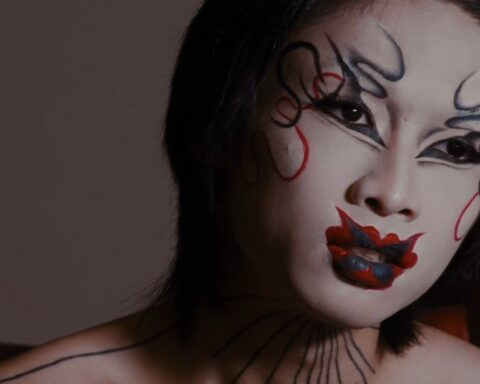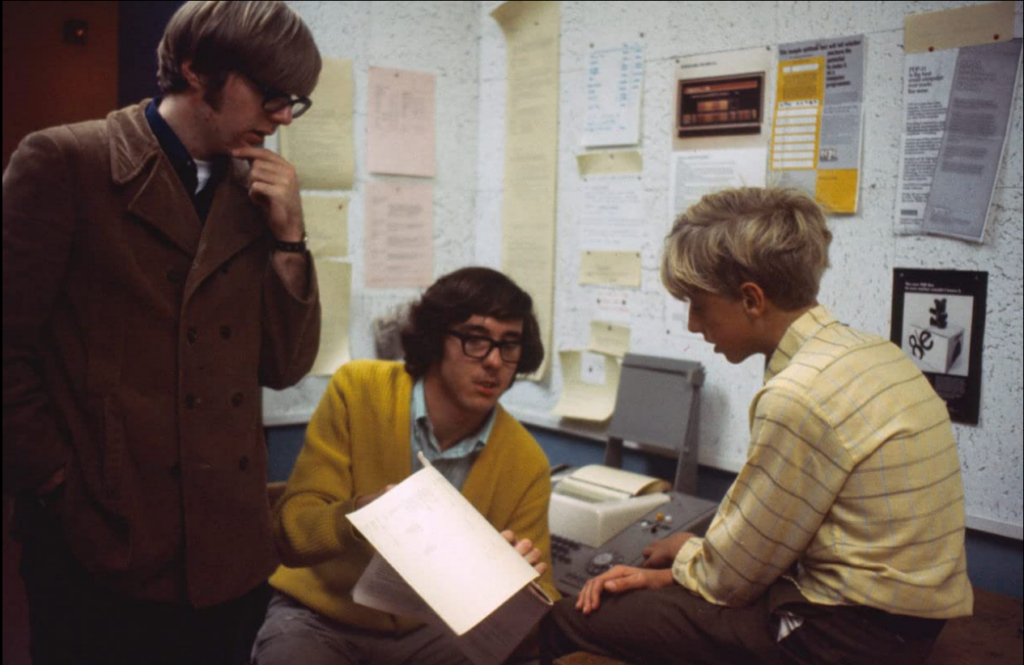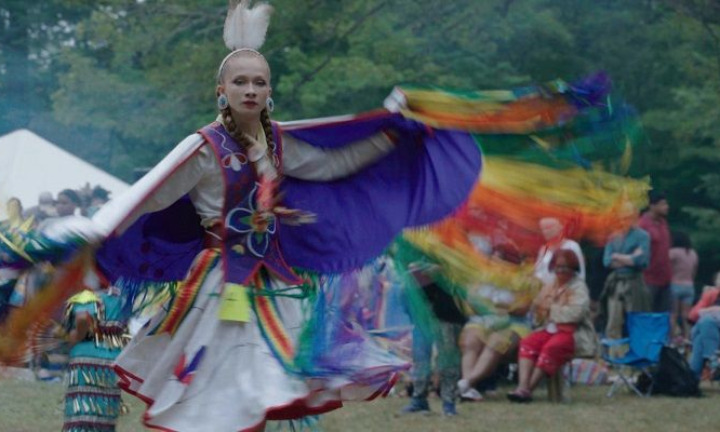When ‘Mama’ Gloria Allen speaks, everyone listens. Allen is a 75-year-old Black trans woman who has touched many lives, and with the help of the doc Mama Gloria, her stories will live on for generations to come. In her first feature, director Luchina Fisher lovingly captures the lived experience of a woman who deserves to go down in queer history.
Mama Gloria is a survival story. While the doc’s style is straightforward, Allen’s history is not. To make it through the 1940s and beyond, eventually becoming a trans septuagenarian, is a remarkable feat. The film documents Allen’s graceful, classy spirit, alongside all the stories she has to share.
Although the film is about Allen, she takes every opportunity to acknowledge her fellow trans sisters that were lost along the way. With the HIV/AIDS crisis, violent transphobia, and increased risk of suicide and substance abuse, the odds were stacked against Allen and her friends. The odds remain similar for many trans people today.
“Young trans girls think they can’t make it to 40. They shouldn’t have to feel that way,” Allen asserts in the film. A large part of Allen’s legacy is in her efforts to ensure that the trans youth of today have a fighting chance at not only surviving, but thriving.
Enter “charm school.” As Allen recalls to the camera, she saw an opportunity to mentor and nurture young trans girls that were struggling on the streets of Chicago. Allen, or “Mama Gloria” as her pupils dubbed her, started a class that taught the young women traditional ideals of etiquette, self-respect, and how to be ‘ladylike.’
Although the current generation of queer youth might sour at someone preaching adherence to traditional gender norms, Allen shares what worked for her with the best intentions. As a trans elder who was out for most of her life, the ability to “pass” and emulate traditional markers of womanhood was key to her survival.
What Allen’s students get out of charm school goes beyond manners or gender roles. As the film shows, the classes foster their confidence, sense of belonging, and identity. Allen bumps into a former student who tears up when confessing how much Allen’s intervention changed her life. The program made such a splash in local media that it even inspired a play called Charm.
While this part of Allen’s work is well-documented, Mama Gloria reveals the bigger picture of her life for the first time on-screen. It all comes back to the core idea of charm school. Allen’s own life is a testament to the transformative power of having, loving, and supportive people to back you, especially on a journey out of the closet. The doc shows how Allen’s mother and grandmother supported her trans identity at a time where it was rare for families to do so.
But it obviously wasn’t easy to be a transgender woman growing up in the 1950s and 1960s. The film spends a lot of time on Allen’s difficult high school years, when she was on the cusp of coming out. At a reunion with some of her high school friends, Allen helps her old pals learn the proper terminology to refer to her. She shares laughs with her old prom date.
The doc touches on key moments in Allen’s journey to coming out. Inspired by the trans showgirls her mother and grandmother worked around in the show business, Allen played with their outfits growing up. As a young adult, she had to temporarily leave her nursing career to transition at a lower-stakes job as a motel receptionist. Allen and her cousins laugh about bra-padding experiments with water balloons.
While Allen dresses in elegant furs and sports funky hair colours, the style of Mama Gloria is a bit cut-and-dry in contrast to its subject. The film is bolstered by a head-on interview with Allen against a stark black background, often cutting away to very literal imagery or footage. Thankfully, the magic of Allen’s storytelling carries it through.
In perhaps the most heartbreaking moment of the film, Allen recalls how a number of young boys gang-raped her as a teen. It’s a horrific but crucial part of Allen’s history that Fisher is wise to include. It adds depth to the viewer’s understanding of ‘Mama Gloria,’ showing how her efforts to reach out to young trans people with similar traumas comes from a place of experience and empathy.
Mama Gloria immortalizes an incredible figure in Chicago’s LGBTQ community for the world to admire. While the format isn’t dazzling, it leaves room for its subject to charm you. At a time where there are few elders in the trans community, this doc generously shares the wisdom and guidance of Mama Gloria with the world.














